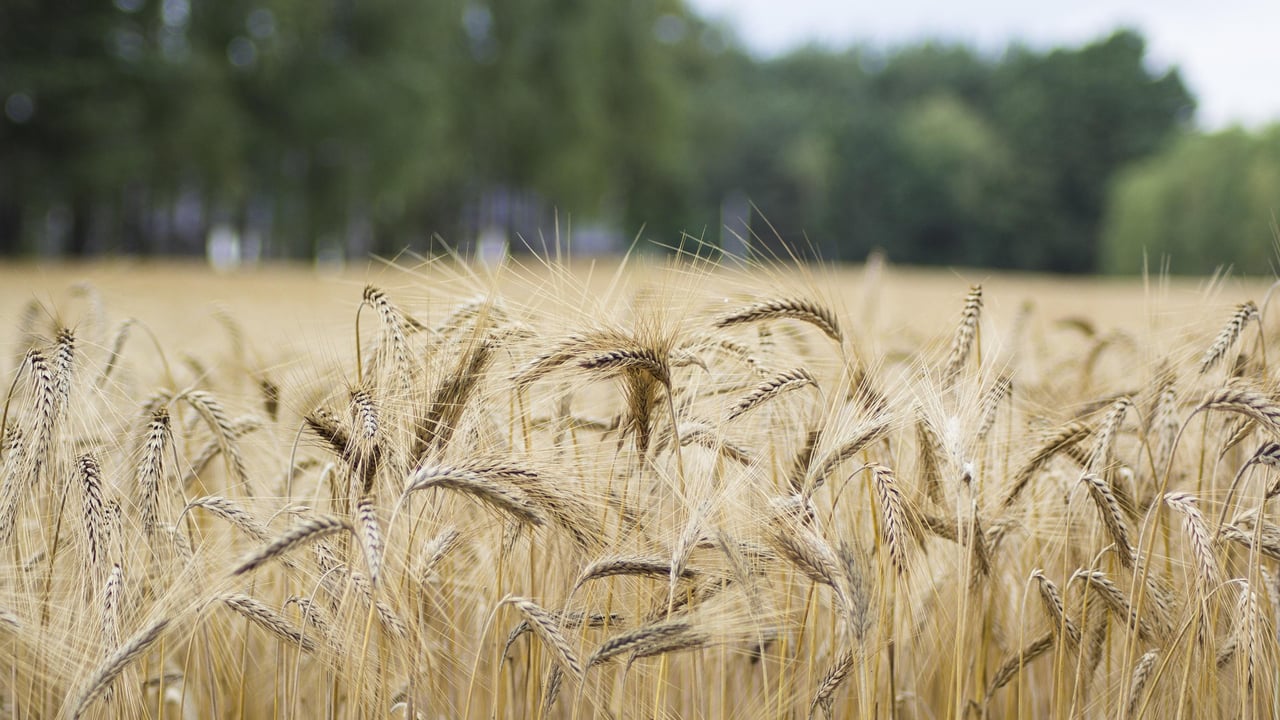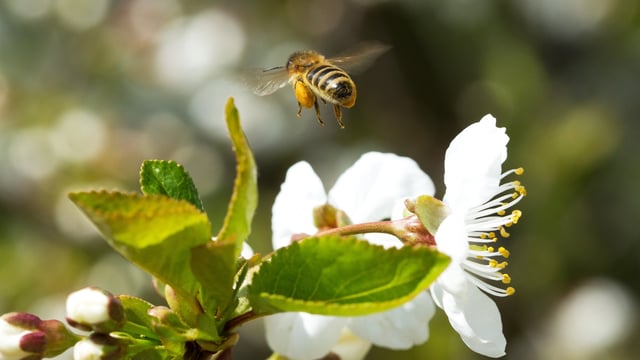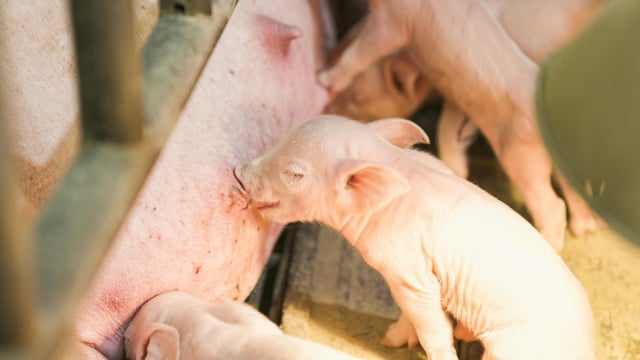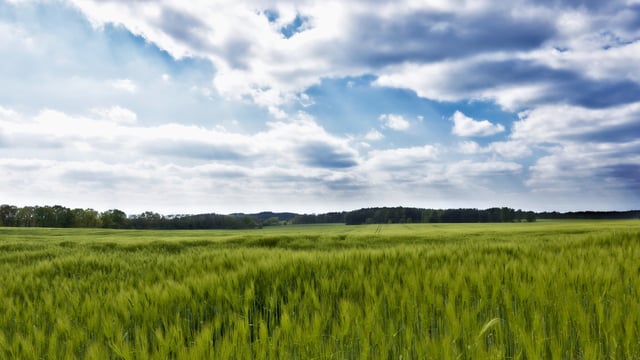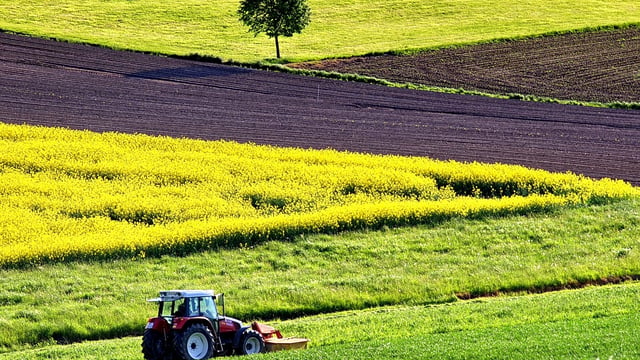EU cereals 'may never recover' amid continuing Ukrainian imports
Copa Cogeca, the group which represents farm organisations and agricultural co-operatives in the EU, has warned that the EU cereals sector "may never recover" if wheat and barley are not protected from continuing large import volumes from Ukraine.
The autonomous trade measures (ATMs) between the EU and Ukraine, which were implemented in the wake of the Russian invasion of Ukraine to allow imports out of the country and support its economy, are set to expire and be revised shortly.
Copa has warned that "stress and uncertainty" is rising among EU cereal producers over the volume of grain imports from Ukraine and the impact this is having on the market.
French arable farmer Cedric Benoist, chairperson of Copa's working group on cereals, said: "In less than a month-and-a-half, the current ATMs with Ukraine are set to expire. It is critical that we do not repeat the mistakes of the past, though, at this stage, that outcome is far from guaranteed.
"If common wheat and barley are not properly protected in the upcoming revision of the EU-Ukraine Association Agreement, the EU cereals sector may never recover - and no vision for the future of agriculture will be able to reverse that damage.
Benoist pointed out that Covid-19, followed by the war in Ukraine, triggered a rise in production costs, driven primarily by fertiliser prices.
For example, in France, the average production cost per hectare of common wheat was around €1,414 in 2020, but had risen to €2,065 by 2023.
He said that similar trends had been seen in other EU countries, with production costs rising by 36% in Romania, 24% in Belgium, and "a staggering" 68% in Ireland.
"If the market had absorbed these increased costs, we wouldn’t be sounding the alarm. The problem, however, is that cereal prices in Europe have not followed this upward trend, particularly for crops now heavily imported from Ukraine since...trade liberalisation began," Benoist said.
"Today, common wheat prices are significantly lower than pre-war levels. In France, for example, the price at the end of 2023 was approximately €209/t, compared to an average of €304/t in 2020.
"Some may argue that 2020 is an outlier due to the pandemic, but even in 2018, the average price was €195/t. While that’s slightly below today’s levels, it was seven years ago, effectively a different era, well before the current inflationary context," he added.
However, cereals that have not been exposed to large volumes of Ukrainian imports, such as durum wheat (used in pasta production), have experienced price increases, with today's price for durum wheat of €315/t not only higher than 2020 but higher than the 218 average of €230/t.
"The contrast is striking and leads us to a clear conclusion. Ukrainian cereal imports have created a market surplus, and this has depressed prices for key EU crops," Benoist claimed.
Before the trade liberalisation with Ukraine in 2022, EU imports of common wheat from the country were capped by a tariff-rate quota (TRQ) of one million tonnes. Since the removal of this quota, imports have increased to 6.5 to seven million tonnes annually.
However, according to Copa, these imports are in addition to imports from other markets, rather than replacing them; nor have they replaced declining EU production.
"The arithmetic is simple. The EU market is now dealing with a surplus of at least five million tonnes of common wheat, with a similar imbalance for barley.
"You don’t need to be an economist to understand that when supply increases and demand stays the same, prices inevitably drop," Benoist said.
He noted that when the current ATM framework was introduced, common wheat and barley were excluded from the safeguarding mechanism "based on the assumption that market liberalisation for these products posed no risk".
"At the time, as chair of the Copa-Cogeca Cereals Working Party, I travelled to Brussels to meet with [European] Commission officials, member state representatives, and anyone else willing to listen. I urged that common wheat and barley be included in the safeguarding mechanism.
"The response was always the same, namely that there was no sign of market disruption, only normal fluctuations. After three consecutive years of negative returns from my cereal production, I can no longer accept the claim that [that] there is no market disturbance," the French farmer said.
Benoist called on European Commission President Ursula von der Leyen and the European Commissioner for Trade Valdis Dombrovskis to "apply common sense and take swift action to protect the EU cereals sector before it is too late", and to apply a TRQ to Ukrainian common wheat similar to the one that existed before the war.
"Supporting Ukraine is non-negotiable, there is no question about that. Yet the real challenge lies in designing a strategy that builds synergies between Ukraine's agricultural sector and our own," he said.

